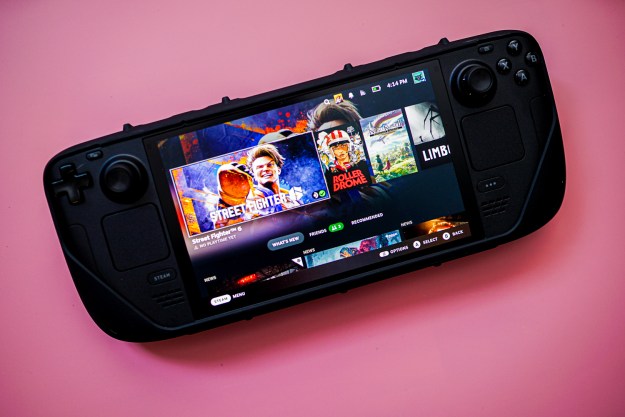
The announcement was made via a post to Steam’s private developer forms, which was then shared publicly on Reddit. The text refers to bitcoin as an “increasingly popular online payment method” and notes the company’s perspective that the payment method “makes Steam an even better place to buy or sell games.”
While developers are being made aware of the new options, they won’t have to do anything to help facilitate the process, according to a report from Tech Spot. Any fluctuations of the value of bitcoin compared to the various geographic currencies in use on Steam will be taken into account by the purchase process.
Users will be charged the purchase price of their content according to their region, which is then converted to bitcoin at checkout. The funds are then transferred to the payment provider, who will convert the bitcoin back to local currency using the latest exchange rates and pay that money back to Valve. At no point will Valve receive or hold bitcoin.
Bitcoin was invented back in 2008, and has since been adopted as a payment method by various online services and retailers. Last month, the fact that Microsoft appeared to end its acceptance of bitcoin payments on its online store was seen as a statement on the currency’s popularity — but the company soon made an about-face and confirmed that it would continue to accept bitcoin.
Valve hasn’t put a time frame on when users can expect to see bitcoin payments go live on the Steam storefront, but all signs point toward the change coming sooner rather than later.
Editors' Recommendations
- A Redditor ‘didn’t know’ about the Steam Deck, so they built their own
- The best Bitcoin wallets to hodl, trade, and exchange crypto
- I turned my Steam Deck into the ultimate cross-platform gaming machine
- If I’m not supposed to smell the Steam Deck vents, why do they smell so good?
- After using the Legion Go, I’m finally thankful for my Steam Deck


